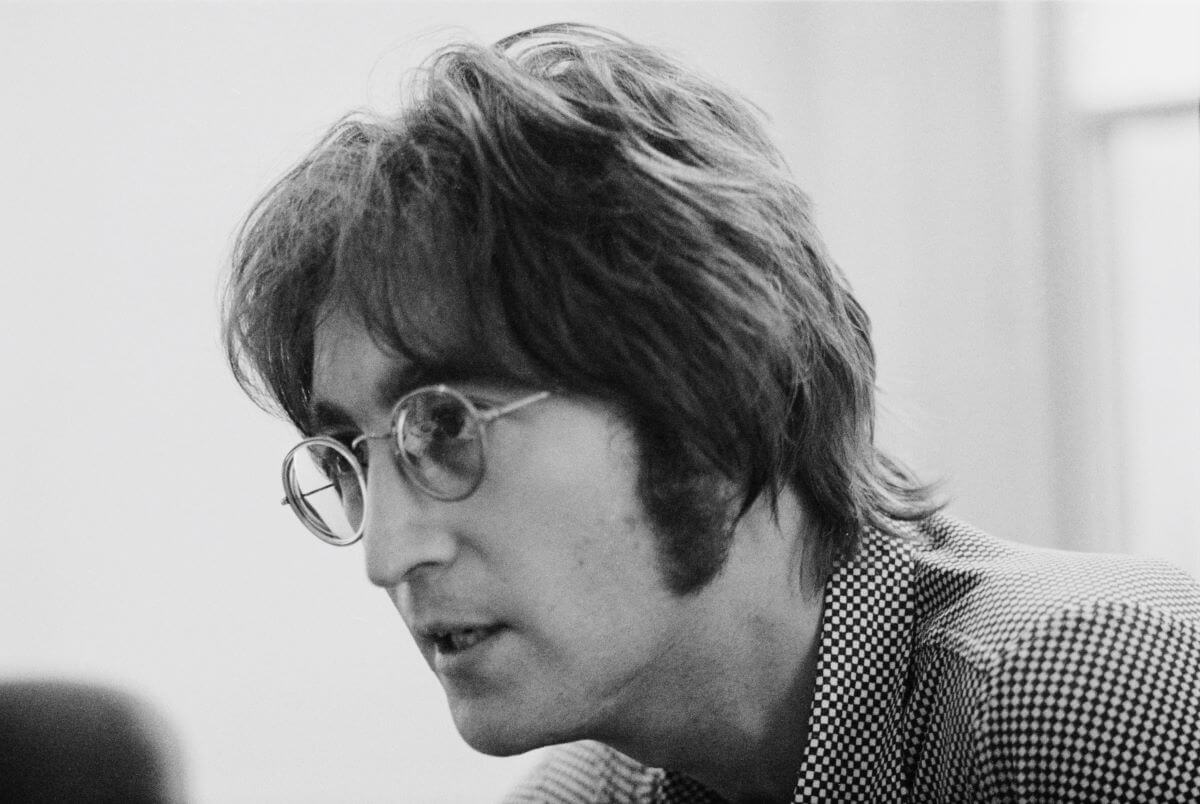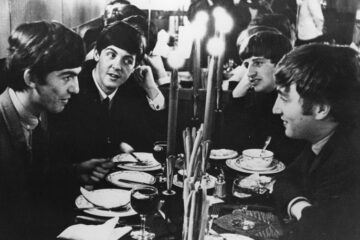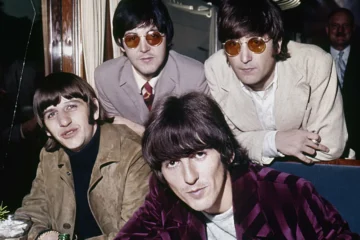John Lennon always had a slightly bitter view of his own work. He may have been proud when a song came together, but for every track that seemed to become a decent piece of work, there were 12 more than seemed like absolute garbage to him. While Lennon seemed to suddenly get more serious about his compositions as soon as The Beatles split up, he had the same type of vitriol for his political material later.
If the band had had their way, there was a good chance that they would have been talking about The Vietnam War far sooner than they did. They may have had opinions concerning the greater problems with the world, but Brian Epstein would not let his four outgoing young lads divide the room every time a hot-button issue got brought up. It would end up silencing a part of Lennon he felt most strongly about.
By the time Lennon started making waves on ‘Revolution’, the success of the single meant that he had some wiggle room when talking about his opinions. When he started his solo career, things changed, and mass consumption of his material was no longer top of the order. These songs served as slogans and mantras to live by, and ‘Give Peace a Chance’ was the first time he came out as a major political activist.
Although performing a song at a bed-in for peace is one trick, Lennon doubled down during his solo career with tracks like ‘Power to the People’, putting himself right in the firing line with the working-class people of the world. Underneath those shades and the military jacket, though, Lennon could admit that he didn’t think he was pulling it off very well.
When looking back on the songs that he was putting out at the time, Lennon thought he was a little bit out of his depth trying to put together songs as political anthems, saying, “I like ‘Give Peace a Chance’ for what it was…I don’t think it was the best song I’ve ever written…That’s when I got into the political songs, which I don’t think are the best songs because I was trying too hard. I was trying to say what the people are saying now, and that’s when I lost myself.”
Then again, Lennon may have been giving himself too little credit to some degree. As much as he may not have liked writing about the people’s perspective, hearing songs like ‘Imagine’ and ‘Give Peace A Chance’ still resonates with anyone who’s ever gone through the political strife of their own generation.
Granted, it’s not like Lennon’s approach to political songwriting didn’t have diminishing returns. By the time he got around to making Some Time In New York City with Yoko Ono, his approach to political doctrine finally came around to bite him in the ass, with many not being all that comfortable that he was now using racial slurs to get his point across.
Still, this version of Lennon’s songwriting marked a turning point where he started to take on the same mantle that artists like Dylan had done years before. After years of living out the pop star fantasy most people knew, he was ready to become the kind of artist who could speak about the real problems outside of a love gone sour.



